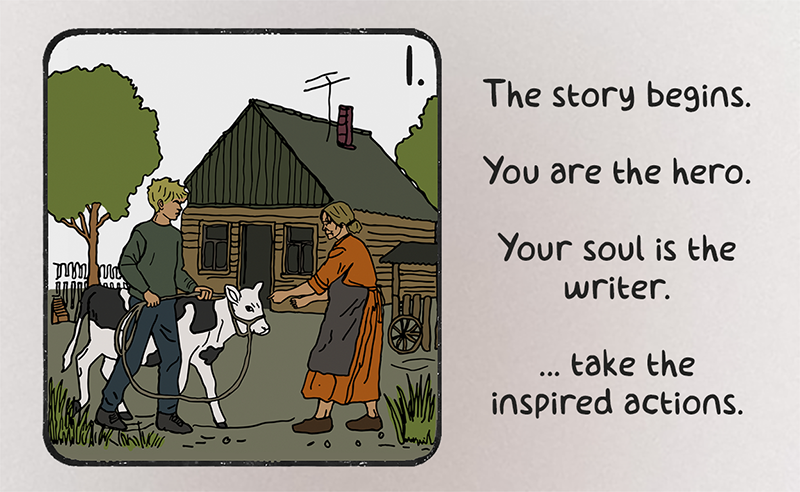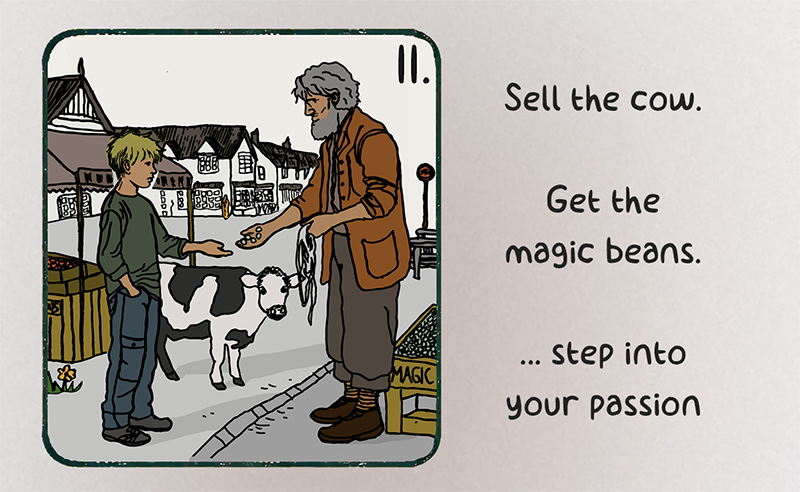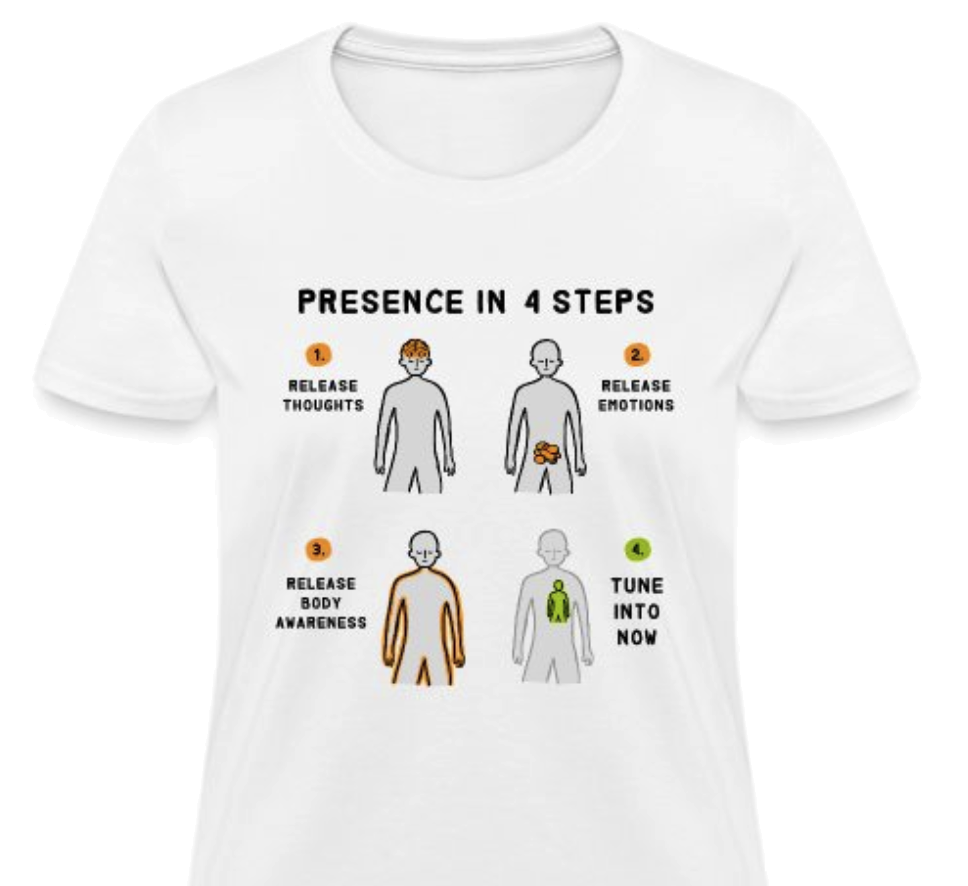
Overcoming Anxiety
Finding peace in an uncertain world

James:
Anxiety seems to be at epidemic levels today. What's behind this rise, and how can people find relief?
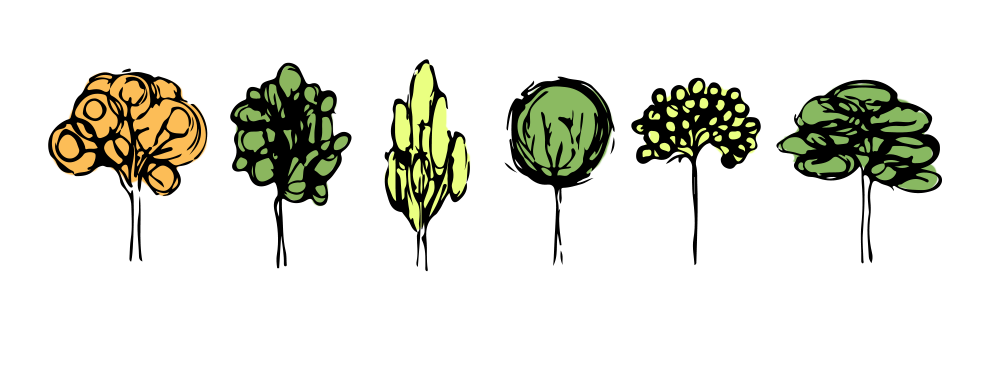
Fish:
We're living in unprecedentedly stimulating times. Our nervous systems weren't designed for 24/7 news cycles, social media, and constant connectivity. The first step to overcoming anxiety is understanding it as a physiological response, not just an emotional state.
James:
Can you explain that physiological aspect more?
Fish:
When you feel anxious, your body is in fight-or-flight mode. Your amygdala, the brain's alarm system, is activated, and stress hormones like cortisol and adrenaline are flowing. Understanding this helps depersonalize the experience - it's your nervous system doing its job, albeit inappropriately.
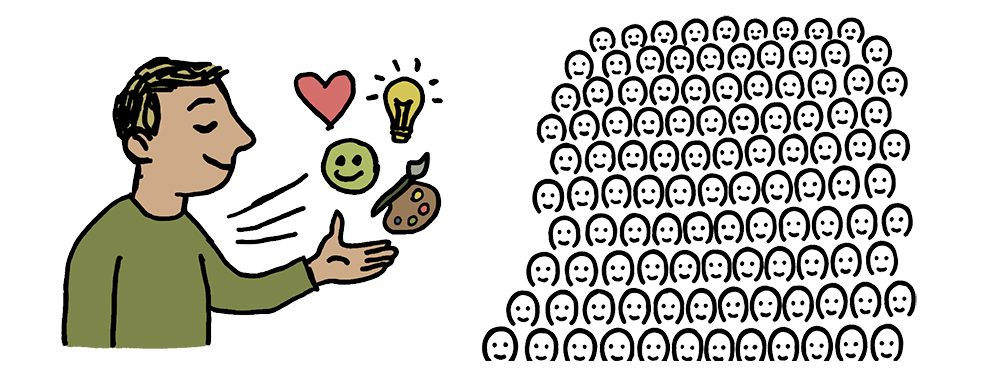 Understanding your nervous system
Understanding your nervous system
James:
So how do we calm this physiological response?
Fish:
The fastest way is through the breath. When you're anxious, your breathing becomes shallow and rapid. By deliberately taking slow, deep breaths - especially extending the exhale - you signal to your nervous system that you're safe, activating the parasympathetic "rest and digest" response.
James:
Beyond breathing techniques, what other practices help with anxiety?
Fish:
Regular mindfulness practice is transformative. It trains you to observe anxious thoughts without identifying with them. Physical movement - even just walking - helps process stress hormones. And limiting input from anxiety-provoking sources like news and social media makes a huge difference.
James:
What about the mental patterns that contribute to anxiety?
Fish:
Excellent question. Anxiety often involves catastrophizing (assuming the worst outcome) and rumination (repetitive worry thoughts). Cognitive behavioral techniques can help break these patterns by questioning anxious thoughts: "Is this thought helpful? Is there evidence for this fear? What's a more balanced perspective?"
James:
When should someone seek professional help for anxiety?
Fish:
If anxiety is interfering with daily functioning - sleep, work, relationships - or if you're experiencing panic attacks, professional support is warranted. Therapy, particularly cognitive behavioral therapy (CBT), has excellent outcomes for anxiety disorders, and medication can be helpful in some cases.
James:
Any final wisdom for those struggling with anxiety?
Fish:
Remember that anxiety is not a character flaw or weakness - it's an overactive protective mechanism. Approach yourself with the same compassion you'd offer a frightened child or friend. And take heart: anxiety is highly responsive to treatment and self-care practices. Many people who once suffered debilitating anxiety now live peaceful, fulfilling lives.
James:
Anxiety seems to be at epidemic levels today. What's behind this rise, and how can people find relief?365.333x135.167 (Original: 1000x370)
James:
Anxiety seems to be at epidemic levels today. What's behind this rise, and how can people find relief?
Related Chats

